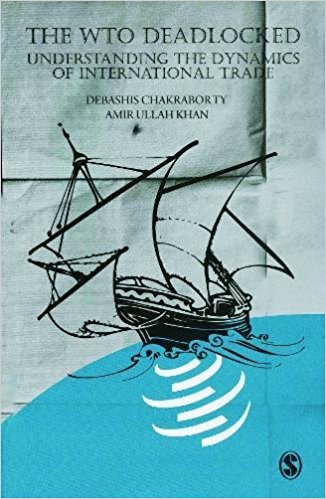WTO could undoubtedly be considered as the most influential among the different multilateral organizations established after the post-World-War period. It was founded with a view to augment the process of globalization through multilateral trade liberalization by removing all the man-made restrictions on trade. WTO has many unique features, perhaps the most notable being the inbuilt provision for a democratic process in decision-making wherein each member country, regardless of its economic and political power, was entitled to participate in the negotiations for arriving at various agreements. Though the mandate of WTO was trade liberalization, the agreements went beyond trade to various others spheres that are linked to trade like capital mobility, intellectual property, labour standards, phytosanitary conditions and others. While the WTO stood for multilateral trade liberalization, the post-WTO regime witnessed an unprecedented growth in regional and bilateral trading arrangements under Article XXIV of WTO on the one hand and the formation of developing country groupings to articulate their collective interests not-withstanding the conflicting interest among themselves.
In a context wherein the WTO negotiations turned out to be prolonged and met with failure during the Seattle Ministerial and Doha Round negotiations, the book under review presents the negotiating history under GATT and WTO with focus on India.

